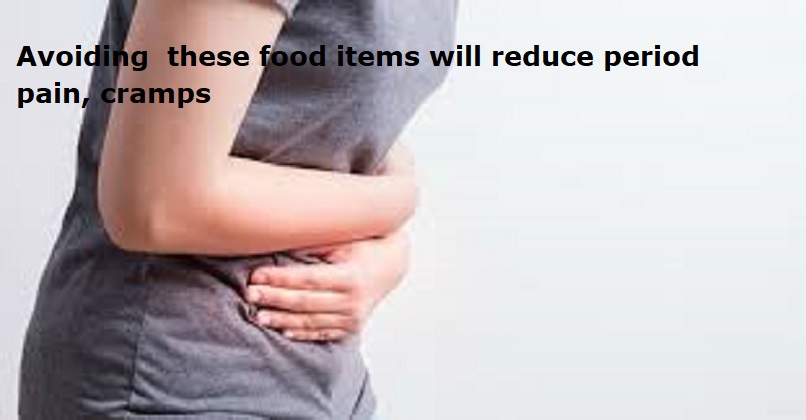
Women face problems such as stomachache, tight belly, muscular pain, and physical discomfort during their periods. Many women take painkillers. According to physicians, taking medications on a monthly basis might have negative side effects. On the other hand, one can avoid these discomforts by adhering to a few dietary limitations. It may surprise you to learn that avoiding some foods might help you prevent period cramps.
During menstruation, limit salt consumption. For example, processed chips are rich in salt and should be avoided. This keeps stomach pains at bay throughout your period.
Stay away from foods made with refined wheat flour (Maida). Pasta, pizza bread, biscuits, and other items fall within this category. Constipation, indigestion, and blood sugar imbalance are all symptoms of this condition.
Also Read: These are the common sex problems that men face
During their periods, some women crave sweet and sugary foods. Sweets, on the other hand, should not be ingested during periods. Soft drinks with added sugar should also be avoided. High blood sugar levels might induce blood sugar swings and cause anxiety and constipation.
Oily meals, such as pizza and burgers, should be avoided. Eating such foods raises the harmful oil content in the body, causing back and stomach pain.
Breast discomfort, body aches, and muscular pain can be caused by high calcium consumption and fatty meals like milk and meat. Avoid excessive coffee and tea consumption. Instead, black tea or black coffee can be consumed. Stay away from gas-filled soft drinks.
Pickles should be avoided during menstruation. Avoid foods like noodles, waffles, and anything that can be stored in the refrigerator.
Water-rich foods can be consumed in large quantities. During menstruation, you can eat almonds, ginger, leafy greens like spinach, dark chocolate, bananas, fennel, oranges, and watermelon. It is beneficial to the body to consume these foods for three to five days following menstruation. It also aids in the prevention of menstruation issues.

Post Your Comments